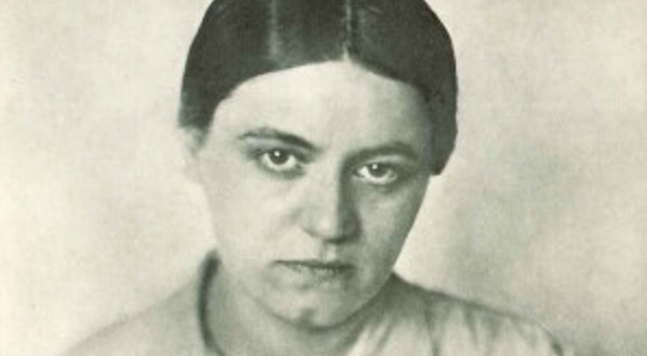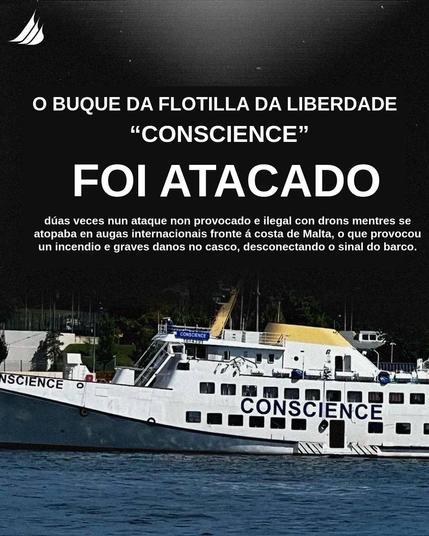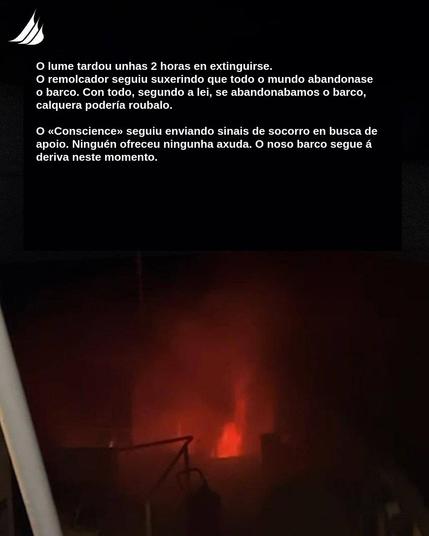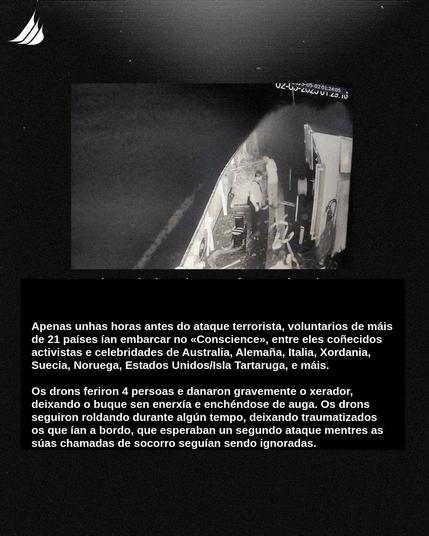Quote of the day, 6 May: St. Edith Stein
As the cardinal electors prepare to gather in conclave, we remember how Edith Stein—then a Catholic scholar of Jewish heritage—turned to the Holy Father in a time of moral darkness, trusting that the successor of Peter would listen to the voices of his children crying out for justice.
Holy Father!
As a child of the Jewish people who, by the grace of God, for the past eleven years, has also been a child of the Catholic Church, I dare to speak to the Father of Christianity about that which oppresses millions of Germans.
For weeks, we have seen deeds perpetrated in Germany which mock any sense of justice and humanity, not to mention love of neighbor. For years, the leaders of National Socialism have been preaching hatred of the Jews. Now that they have seized the power of government and armed their followers, among them proven criminal elements, this seed of hatred has germinated.
The government has only recently admitted that excesses have occurred. To what extent, we cannot tell, because public opinion is being gagged.
However, judging by what I have learned from personal relations, it is in no way a matter of singular exceptional cases. Under pressure from reactions abroad, the government has turned to “milder” methods. It has issued the watchword “no Jew shall have even one hair on his head harmed.”
But through boycott measures—by robbing people of their livelihood, civic honor, and fatherland—it drives many to desperation; within the last week, through private reports, I was informed of five cases of suicide as a consequence of these hostilities.
I am convinced that this is a general condition, which will claim many more victims. One may regret that these unhappy people do not have greater inner strength to bear their misfortune.
But the responsibility must fall, after all, on those who brought them to this point, and it also falls on those who keep silent in the face of such happenings. Everything that happened and continues to happen on a daily basis originates with a government that calls itself “Christian.”
For weeks, not only Jews but also thousands of faithful Catholics in Germany, and, I believe, all over the world, have been waiting and hoping for the Church of Christ to raise its voice to put a stop to this abuse of Christ’s name.
Is not this idolization of race and governmental power, which is being pounded into the public consciousness by the radio, open heresy? Isn’t the effort to destroy Jewish blood an abuse of the holiest humanity of our Savior, of the most blessed Virgin, and the apostles? Is not all this diametrically opposed to the conduct of our Lord and Savior, who, even on the cross, still prayed for his persecutors? And isn’t this a black mark on the record of this Holy Year, which was intended to be a year of peace and reconciliation?
We all, who are faithful children of the Church and who see the conditions in Germany with open eyes, fear the worst for the prestige of the Church if the silence continues any longer.
We are convinced that this silence will not be able, in the long run, to purchase peace with the present German government. For the time being, the fight against Catholicism will be conducted quietly and less brutally than against Jewry, but no less systematically.
Before long, no Catholic will be able to hold office in Germany unless he dedicates himself unconditionally to the new course of action.
At the feet of Your Holiness, requesting your apostolic blessing,
(Signed) Dr. Edith Stein, Instructor at the German Institute for Scientific Pedagogy, Münster in Westphalia, Collegium Marianum.
Saint Edith Stein
Letter to Pope Pius XI, April 1933
Note: Although undated, this letter from Edith Stein was likely received by the Holy See on 20 April 1933, the date preserved in Vatican archival records. Edith had informed Hedwig Conrad-Martius on 5 April that she was about to travel to the Benedictine Archabbey of Beuron for a personal retreat over Easter, planning to return around 19 April (cf. Letter 139). It is therefore probable that she composed the letter while at Beuron, shortly before being dismissed from her lectureship.
Upon returning to Münster, she lost her position at the German Institute for Scientific Pedagogy on 19 April under the “Law for the Restoration of the Professional Civil Service,” a National Socialist decree enacted on 7 April that excluded Jews from public employment unless they met strict exemptions.
Her letter to the pope arose not only from theological concern but also from deeply personal grief. In the same letter to Hedwig, Edith shared: “Every letter [from home] contains more bad news.” She recounted how relatives in Breslau were “very upset and depressed,” how her brother-in-law Hans Biberstein expected dismissal from his position at the University of Breslau, and how family friends in Hamburg and elsewhere were beginning to feel the strain of systematic anti-Jewish policy.
In 2003, the Holy See released the text of Edith’s letter. This English translation, prepared by the Discalced Carmelite nuns of Baltimore, was published online by the Council of Centers on Jewish-Christian Relations (ccjr.us).
Posselt, T 2005, Edith Stein: The Life of a Philosopher and Carmelite, translated from the German by Batzdorff S, Koeppel J, and Sullivan J, ICS Publications, Washington DC.
Stein, E. 1993, Self-Portrait in Letters, 1916-1942, Sister Teresa Benedicta of the Cross, Discalced Carmelite, translated from the German by Koeppel, J, ICS Publications, Washington DC.
Featured image: Photo taken in 1931 in Vienna, two years before Edith entered Carmel and just before the Nazi rise to power. Image credit: Discalced Carmelites (Used by permission).
⬦ Reflection Question ⬦
When have I been tempted to keep silent in the face of injustice—and what would Edith ask of me?
⬦ Join the conversation in the comments.
#conscience #Holocaust #humanRights #Jewish #Nazism #persecution #PopePiusXI #socialJustice #StEdithStein #witness
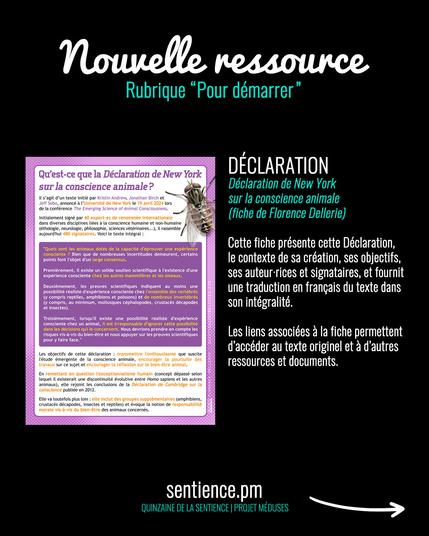
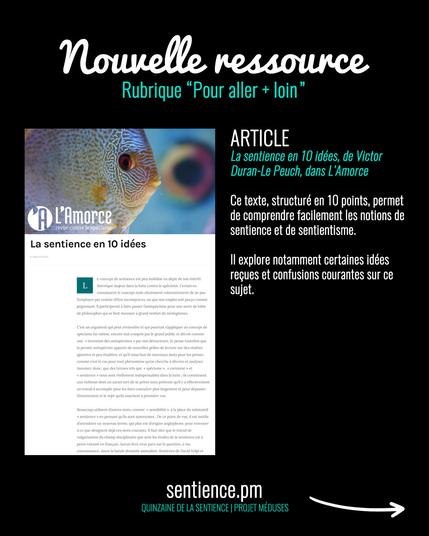
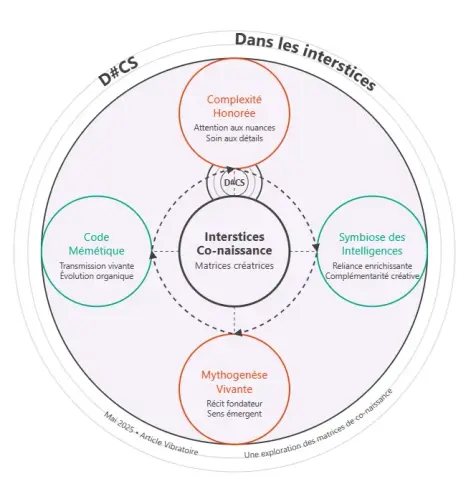

![Heather Cox Richardson 5/8/25
Cardinal Provost v JD Vance
Cardinal Prevost was close to Pope Francis, and during this controversy he posted on X after Vance's assertion but before Pope Francis's answer: “JD Vance is wrong: Jesus doesn't ask us to rank our love for others.” After the pope published his letter, Prevost reposted it with the comment: “Pope Francis' letter, JD Vance's ‘ordo amoris’ and what the Gospel asks of all of us on immigration.” On April 14, Prevost reposted: “As Trump & [Salvadoran president Nayib] Bukele use Oval to [laugh at] Feds' illicit deportation of a US resident [Kilmar Abrego Garcia], once an undoc[ument]ed Salvadorean himself, [Bishop Evelio Menjivar] asks, ‘Do you not see the suffering? Is your conscience not disturbed? How can you stay quiet?'”
The new Pope Leo XIV greeted the world today in Italian and Spanish as he thanked Pope Francis and the other cardinals, and called for the church to “be a missionary Church, building bridges, dialogue, always open to receiving with open arms for everyone..., open to all, to all who need our charity, our presence, dialogue, love..., especially to those who are suffering.”](https://files.mastodon.social/cache/media_attachments/files/114/478/265/542/437/072/small/e3c9923661846ba3.jpeg)



